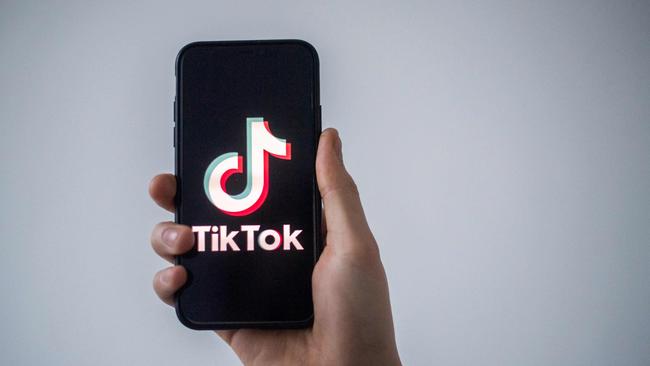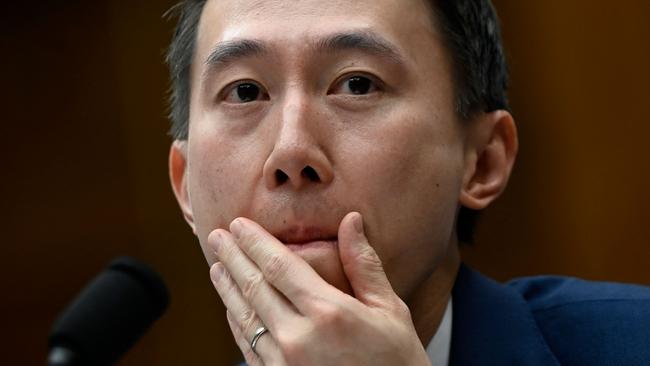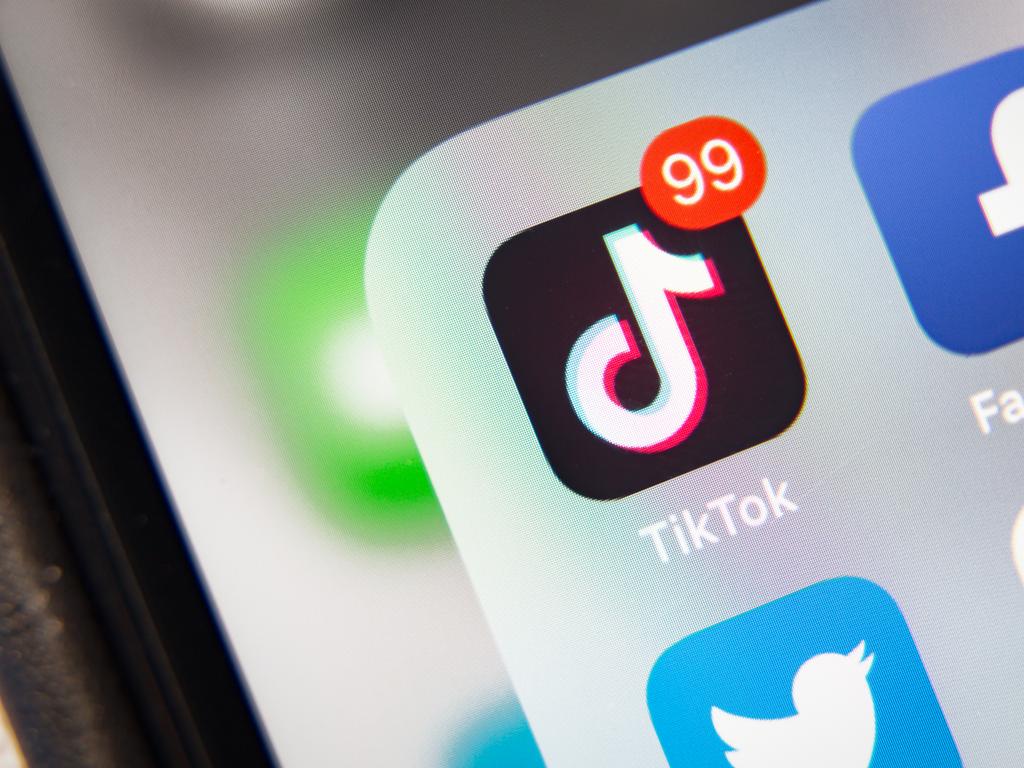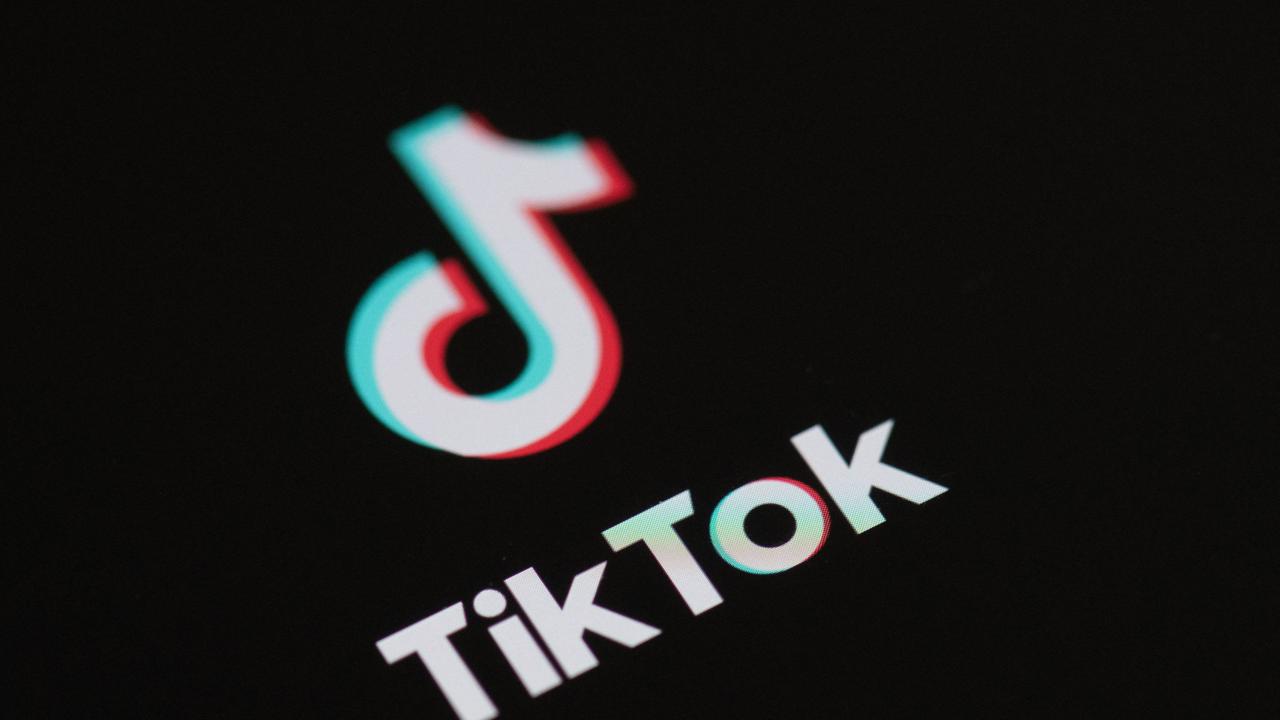TikTok banned: Chinese video app’s aggressive, invasive data-harvesting would shock most users

But underneath the buzzy exterior is an insidious, well-oiled data harvesting machine, designed to hoover up as much personal information as possible – including the facial and voice biometrics of its users – far more data than the app requires, or that any reasonable unassuming user might expect.
The Albanese government’s move to ban TikTok on Tuesday, first reported by The Australian, follows months of warnings and heated debate that the vast and unnecessary amounts of data collected by the youth-focused app and its China parent company ByteDance could be used by Beijing for intelligence purposes and potentially for hacking.
Recent research by Australian cyber security outfit Internet 2.0 found that TikTok is uniquely aggressive in the data it collects from its unwitting users.

Its settings – switched on by default on Android devices – mean it can access a user’s contact lists, calendars, device storage and precise geolocation settings.
The app also, obviously, requires access to a phone’s camera and microphone. It can also monitor other apps running on a user’s phone, and run hourly checks on their location.
Another report, from US cyber security firm Feroot, suggests that TikTok even has your data even if you’ve never used the app, and that it collects data even if deleted.
That might not be the end of the world if TikTok weren’t so popular, and if its primary demographic wasn’t so vulnerable.
The rampantly popular app has been downloaded more than 3.5 billion times and has racked up over a billion active users globally in just six years, most of whom are young people under 35, and many of whom would be completely unaware of the sheer volume of data that TikTok is collecting every minute.
It’s too high of a price to pay for a 30-second viral dance clip.
Just as we were outraged at Facebook’s Cambridge Analytica scandal, in which it was revealed the US tech giant was collecting the personal data of millions of its users without their consent, revelations about the scope of TikTok’s data harvesting practices should be equally shocking.
The close relationship between Chinese companies and their governing party, the Chinese Communist Party, means that the vast amounts of data collected on Australian users could be used by Beijing.
China’s National Intelligence Law, passed in 2017, means that all organisations and citizens alike shall “support, assist, and co-operate with national intelligence efforts in accordance with law.”
Huawei was banned by the Australian government on similar grounds in 2018, and it was later revealed that Huawei received funding from Chinese state security agencies.
ByteDance has rejected claims its app poses a security risk but the facts are that we simply cannot trust TikTok.
The federal and Victorian governments’ ban of the app should form the first step in what is hopefully a broader and more robust conversation around the snooping and data harvesting that we’ll tolerate on our personal devices.





On its surface, TikTok might seem like any other social media app. Its wildly entertaining short-form videos are similar to those you‘d find on Instagram, its filters and effects are as zany as those you might find on Snapchat.